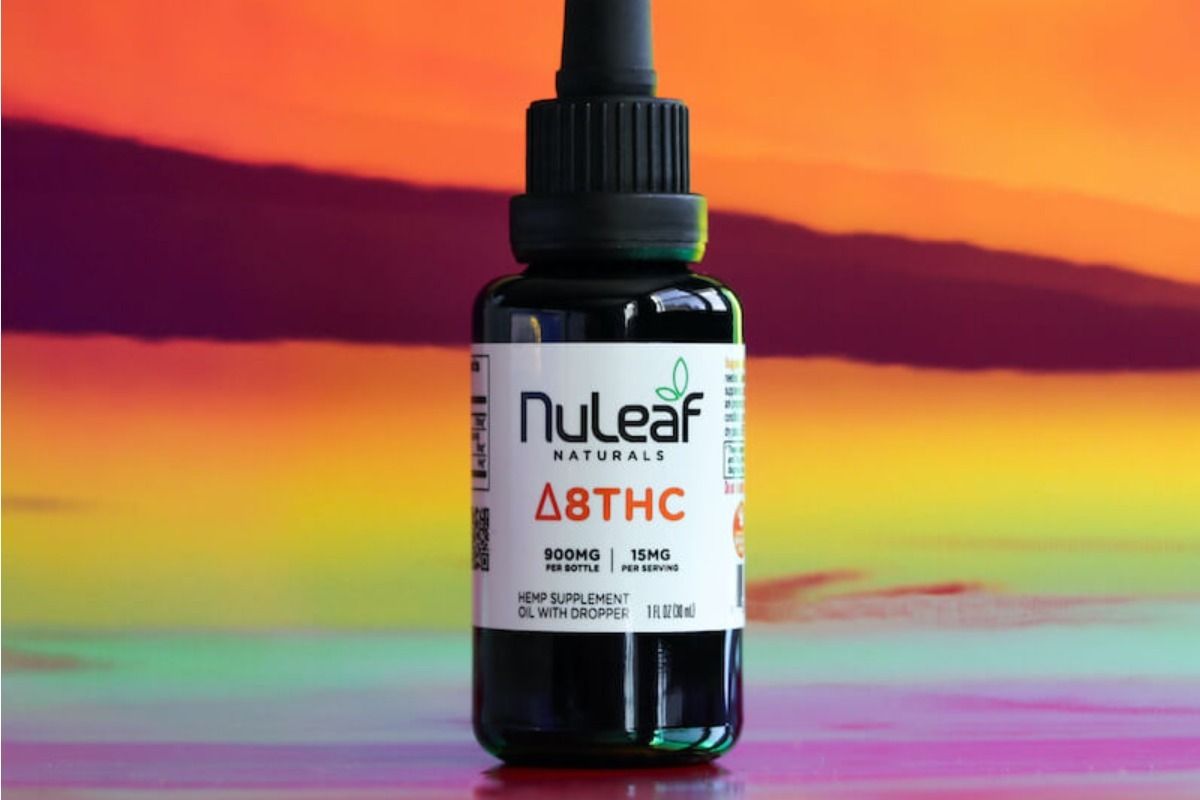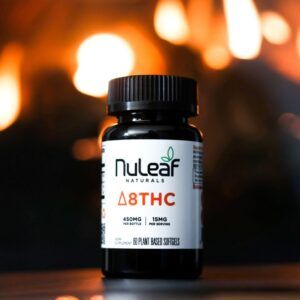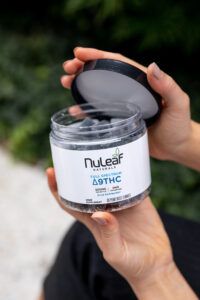Delta 8 vs. Delta 9: Similarities and Differences

The cannabis plant has well over 100 cannabinoids that have been identified so far, but until fairly recently, most people were only aware of one of them: Delta 9 tetrahydrocannabinol. Often referred to generically as just “THC,” Delta 9 THC is the primary psychoactive component of marijuana. With the advent of new products based on Delta 8 THC, though, many people have begun to understand that Delta 9 isn’t the only form of THC that exists. In fact, there are several – and one of the most exciting things about hemp derived Delta 8 and Delta 9 is that it is federally legal. That means you can buy these products in many states in which marijuana and marijuana derived products aren’t available.
So, what are the similarities and differences between Delta 8 and Delta 9? Reading this article, you’re going to learn how these two cannabinoids compare chemically and legally. You’re going to learn how they’re obtained from cannabis – and most importantly, you’re going to learn how they differ in terms of the effects that they produce. Let’s jump in.
 How Do Delta 8 and Delta 9 Differ Chemically?
How Do Delta 8 and Delta 9 Differ Chemically?
Delta 8 and Delta 9 THC are very similar molecules. They’re isomers, in fact – they’re composed of the same atoms, and the only chemical difference between the two is that the atoms have double bonds in different sections of their carbon chains. If you think of each carbon atom as being a link in the chain, Delta 8 has a double bond in the eighth link as opposed to the ninth link.
The fact that Delta 8 and Delta 9 are isomers of one another shouldn’t lead you to believe that they are identical or even close to identical. Even something as seemingly small as a double bond between carbon atoms can make a molecule behave in a very different way. CBD, in fact, is an isomer of Delta 8 and Delta 9 THC as well – and CBD doesn’t feel anything at all like THC when consumed.
Where Do Delta 8 and Delta 9 Come From?
Delta 8 and Delta 9 THC both occur naturally in cannabis, but they occur in very different proportions. As you might already be aware, the industrial hemp that’s used for CBD extraction contains Delta 9 THC in concentrations below 0.3 percent. In marijuana, on the other hand, the concentration of Delta 9 might be as high as 15 percent or more. We’ll explain the differences between industrial hemp and marijuana in greater detail shortly. It’s possible to obtain Delta 9 from cannabis simply by extracting the plant’s essential oils. That’s the first step in how we create our CBD products.
It’s a completely different story with Delta 8, however, because Delta 8 occurs only in very low concentrations in all forms of cannabis. Although it’s not impossible to obtain Delta 8 from a direct cannabis extract, it’s not really feasible because the amount of plant material required for the task would be truly massive. This brings us back to something mentioned in the previous section of this article: CBD and THC are isomers of one another. If you can move the double bond from one section of the carbon chain to another section, you’ll have a completely different molecule. That’s what we do: We obtain our Delta 8 by converting it from CBD.
Do Delta 8 and Delta 9 Feel Different from One Another?
If you’ve ever used marijuana or a product derived from marijuana, you’re already familiar with the effects of Delta 9 THC. Delta 8 feels similar, but people typically find that the effects are milder or more subdued.
- Delta 9 is stronger than Delta 8. Because of its strength, people are more likely to use more than needed at a time and experience negative side effects. Overconsumption of Delta 9 can lead to an overly sedated sensation known as “couch lock.” It can also cause agitation, anxiety and paranoia. It’s much less common for people to report those side effects after using Delta 8.
- Delta 8 produces effects comparable to what you might feel after using Delta 9, but the effects aren’t as intense. Some people report experiencing mildly uplifting or euphoric sensations, and others report feeling somewhat relaxed or sedated.
Although the effects of Delta 8 are milder than those of Delta 9, it’s important to note that people experience the effects of cannabinoids in different ways and that your personal experience with Delta 8 may depend at least in part on your level of tolerance to THC. Because Delta 8 and Delta 9 THC may make you feel relaxed or sedated, we recommend not driving or operating heavy machinery after using it.
How Do Delta 8 and Delta 9 Differ Legally?
The legality of cannabis is a complex topic that’s always evolving because the cannabis industry itself is always evolving. States are free to enact their own cannabis regulations, and those regulations are sometimes stricter – and other times more lenient – than those set at the federal level. Here is a brief summary of how Delta 8 and Delta 9 compare from a legal standpoint.
- There are no federal regulations that specifically mention Delta 8 THC. However, some states have enacted regulations that relate to hemp derived Delta 8 THC.
- As we mentioned above, federal law defines cannabis as “marijuana” if it has a Delta 9 THC content higher than 0.3 percent. Both marijuana – and products derived from marijuana – are controlled substances at the federal level. In some states, however, marijuana is permitted for recreational and/or medicinal use. Our products are not derived from marijuana and are hemp derived instead.
- Federal law defines cannabis as “industrial hemp” if it has a Delta 9 THC content lower than 0.3 percent. Industrial hemp – and products derived from industrial hemp – are not controlled substances at the federal level providing that their Delta 9 content is below 0.3 percent by weight. All NuLeaf Naturals products are derived from industrial hemp.
Because states are free to set their own regulations for cannabis and cannabinoids, there are some states to which we cannot ship any THC products to, even though those products are legal at the federal level.
At the time of writing, we do not ship Delta 8 products to California, Colorado, Hawaii, Illinois, Iowa, Kansas, Kentucky, Massachusetts, Maryland, Michigan, Nevada, New York, North Carolina, North Dakota, Ohio, Oregon, Rhode Island, South Carolina, South Dakota, Texas, Vermont, Virginia or Washington. We will adjust our shipping policies as needed in order to comply with all state regulations.
 Do Delta 8 and Delta 9 Show Up Differently in a Drug Test?
Do Delta 8 and Delta 9 Show Up Differently in a Drug Test?
In most drug tests, Delta 8 and Delta 9 THC will be indistinguishable from one another. That’s because a drug test doesn’t actually check for the presence of THC in your body – it checks for the metabolites left over after your body has processed the cannabinoid. The metabolites are the same regardless of the type of THC that you have used and may also be present from processing non THC cannabinoids. Therefore, a drug test generally will not be able to determine whether you’ve used Delta 8 or Delta 9 THC. If you are subject to drug testing, we recommend against using any form of THC.
Do you have questions about our products?
Our Expert Team is here to help via email, or online chat:
Email: [email protected]
Online chat: nuleafnaturals.com
Don’t hesitate to get in touch with us between 9am and 5pm MT, Monday – Friday.